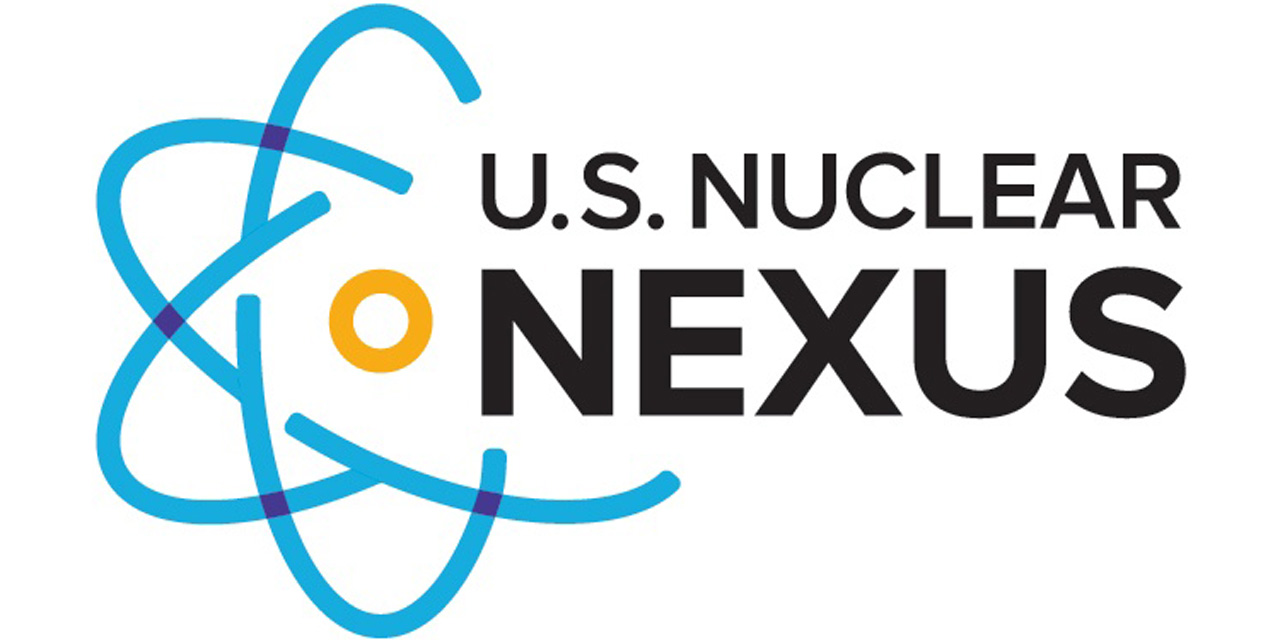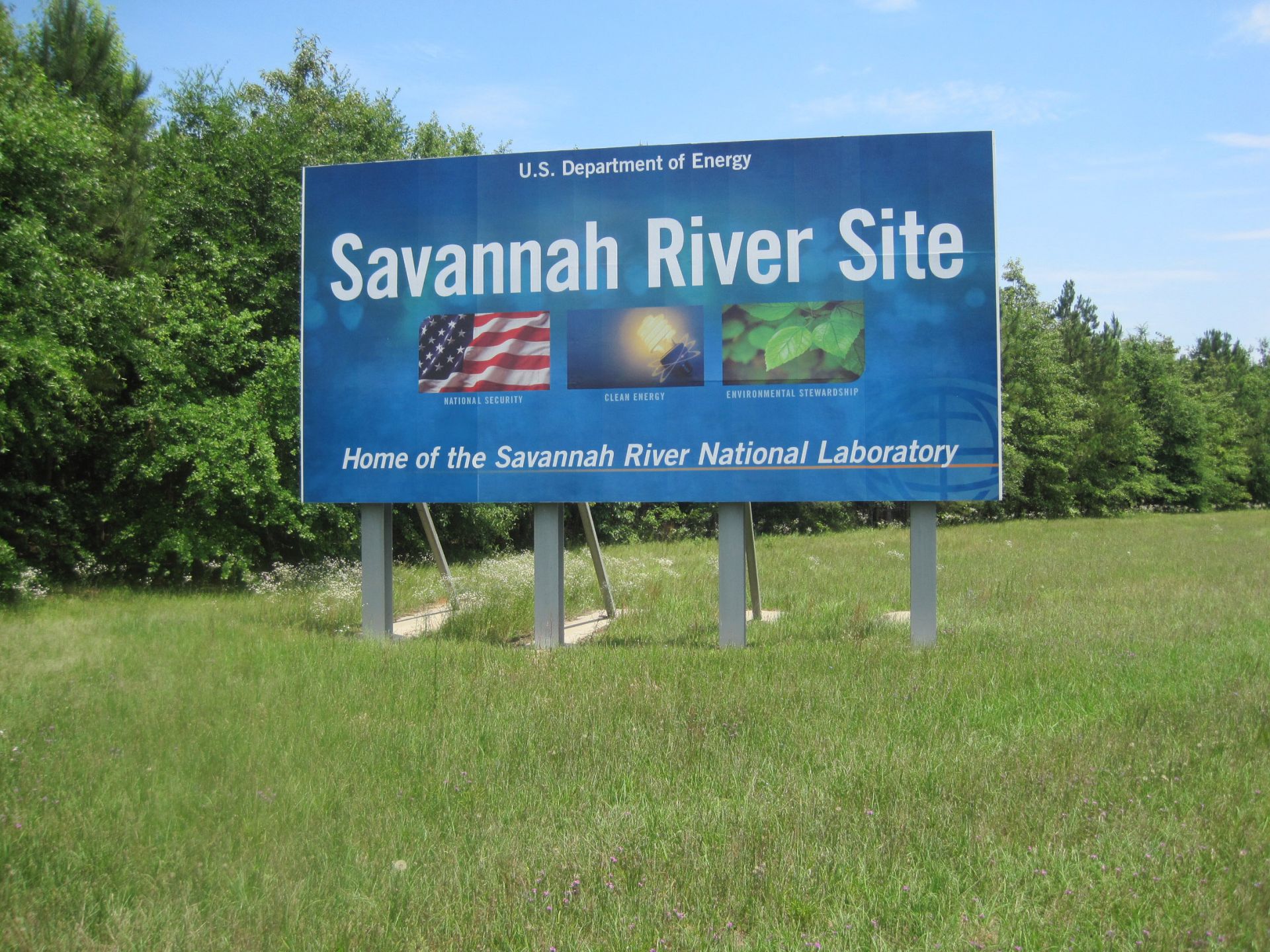Spent fuel casks are loaded at Oyster Creek’s dry storage pad. (Photo: Holtec)
The Nuclear Regulatory Commission has proposed a $150,000 fine for apparent security-related violations at the Oyster Creek nuclear power plant in New Jersey. Oyster Creek permanently ceased operations in 2018, and ownership of the plant was transferred to Holtec Decommissioning International for decommissioning in July 2019.
Left: The University of Texas at Austin SBD Challenge team: from left, Michael Butero, Matthew Frangos, Daniel Gutierrez, and John (Jack) Whelan. Right: The University of Rhode Island team: from left, Jay Macchia, Sean Babin, and Peter Tillinghast. (Photo: NNSA)
The National Nuclear Security Administration's Office of Nonproliferation and Arms Control has been partnering with national laboratories and universities to introduce engineering students to the field of international safeguards. Safeguards ensure that nuclear material and facilities are not used to illicitly manufacture nuclear weapons, the NNSA noted in a July 27 article.






